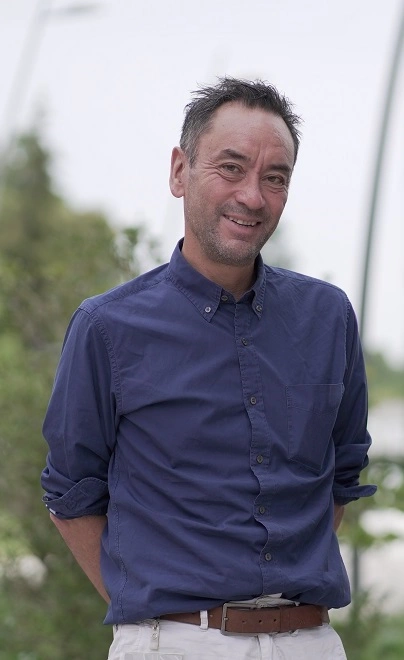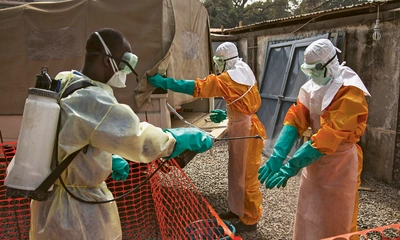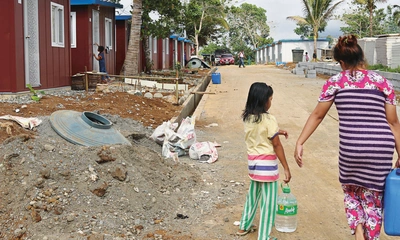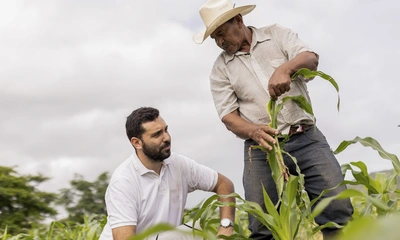«Community First»
For Professor Vinh-Kim Nguyen it is crucial to support health promotion programmes in the Global South. Not only because health is a human right and health systems need be able to provide basic services for the population, but also because only strong local health systems make our global health system resilient enough to withstand future threats like antimicrobial resistance or pandemics.
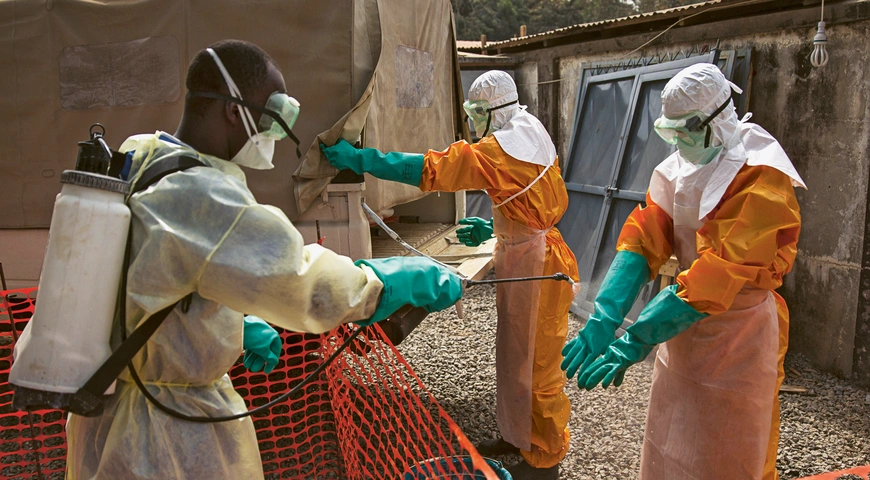
Professor Vinh-Kim Nguyen is a distinguished physician and medical anthropologist, who has spent decades navigating the intersection of science, politics and global health practice. In the following interview he provides compelling insights into why health interventions need to focus on community engagement and building trust.
What is the role of health promotion programmes in development cooperation and why are they important?
Prof. Vinh-Kim Nguyen: The main reason is that keeping people healthy makes them richer. They can work and contribute to the economy, and it is much cheaper to keep people healthy than to treat them when they are sick. Especially because in development countries, where health coverage and social safety nets are missing, there is an illness-poverty-trap. If people get sick, they have medical bills to pay, while having less or no income at all because they cannot work. One single illness can make the difference between getting by and falling into poverty or becoming destitute.
Why is it important to invest in global health?
The number one and most immediate concern is that if you do not invest in local health systems, you will get a population that is suffering from the economic and political consequences that result from people not being well – people are not able to work as well for example. On a more global scale, if health systems are not performing well, they are not prepared to stop the spread of infectious diseases. Hence, the risk for things like antimicrobial resistance to develop and spread or for epidemics to become pandemics is enhanced. Another consequence, which is not discussed as much but is very important, is that in areas where the state is not able to provide basic social and health services, other actors will step into that role, which may politicise things in a certain way. Think about the Muslim Brotherhood in Egypt or Hezbollah in Lebanon and so forth. The allegiance of the people will understandably lay with those that help them, not with those that do not.
This is of course also where NGOs step in. Which factors should they consider when planning and implementing their health promotion programmes?
First, all health promotion programmes should be in line with the Ottawa Charter, which was adopted by the World Health Organisation in 1986 and outlines the five foundational pillars for health promotion to be effective. They are 30 years old but remain highly relevant until today. The second factor – and this is crucial, not only for health programmes, but especially for health programmes – there needs to be community engagement to identify community priorities and to ensure ownership from start to finish. Otherwise, people are not going to participate and whatever you are trying to accomplish is not going to work. Thirdly, sustained political will from the government is also important. People need to feel that the state truly does care about their health and that they can rely on the information and support given. Hence, you need both: bottom-up and top-down engagement. Last but not least, public health cannot function without trust, which builds only slowly but can be lost very fast. The short-termism of development interventions can make this difficult because programs – and people – usually cycle every few years.
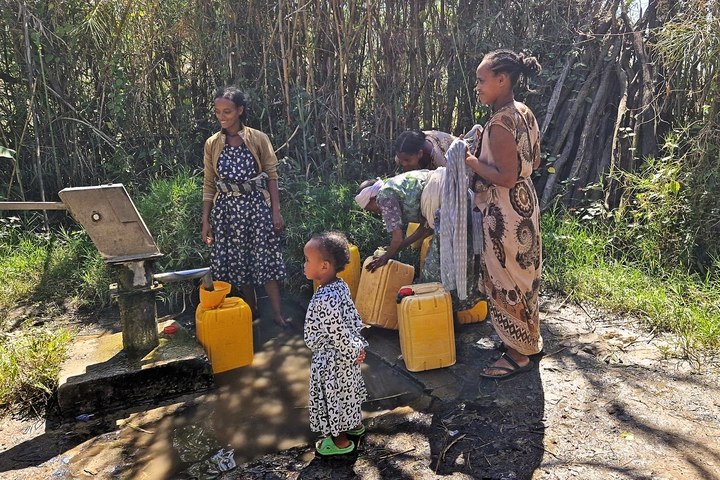
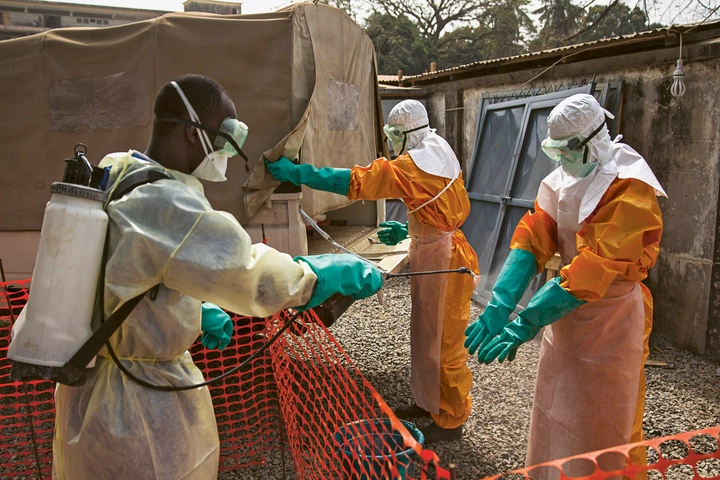
How do you prevent people from engaging in risky behaviours to stop the spread of infectious or non-communicable diseases?
I would like to stress that in general, people do not just choose to engage in risky behaviour. No one chooses to get sick. Ultimately, human behaviour is the end result of a whole bunch of structural factors. So yes, you can invest in more education or awareness campaigns about health risks or tax risky behaviours like smoking. But you need to understand that the ability for people to change their behaviour is much more influenced by the context they live in and the resources that are available to them than by conscious choices. It is much easier for someone living in Switzerland to eat well and exercise more than for someone living in an emerging or developing country, mainly due to the historical, economic and political context.
Can you talk about an example of a very successful programme, or a programme that you would consider to have failed?
I would say an example of a successful intervention is the model of community engagement with HIV. Affected communities played an active role in the design and implementation of prevention and treatment programmes. This participatory approach ensured that strategies were culturally sensitive and addressed the specific needs of those impacted. In addition, the intervention focused on health being a human right and emphasised reducing stigma and discrimination, which encouraged individuals to seek testing and treatment without fear of social repercussions. Very targeted interventions like the eradication of Guinea worm disease can also work, because they often are able to sustain political will much more than other health problems. Clear failures were the Ebola response in Guinea, Liberia and Sierra Leone in 2014, and the DRC in 2018, because there was no time to build trust; in the DRC the response was even militarised. In the end, the epidemic just burned itself out.

